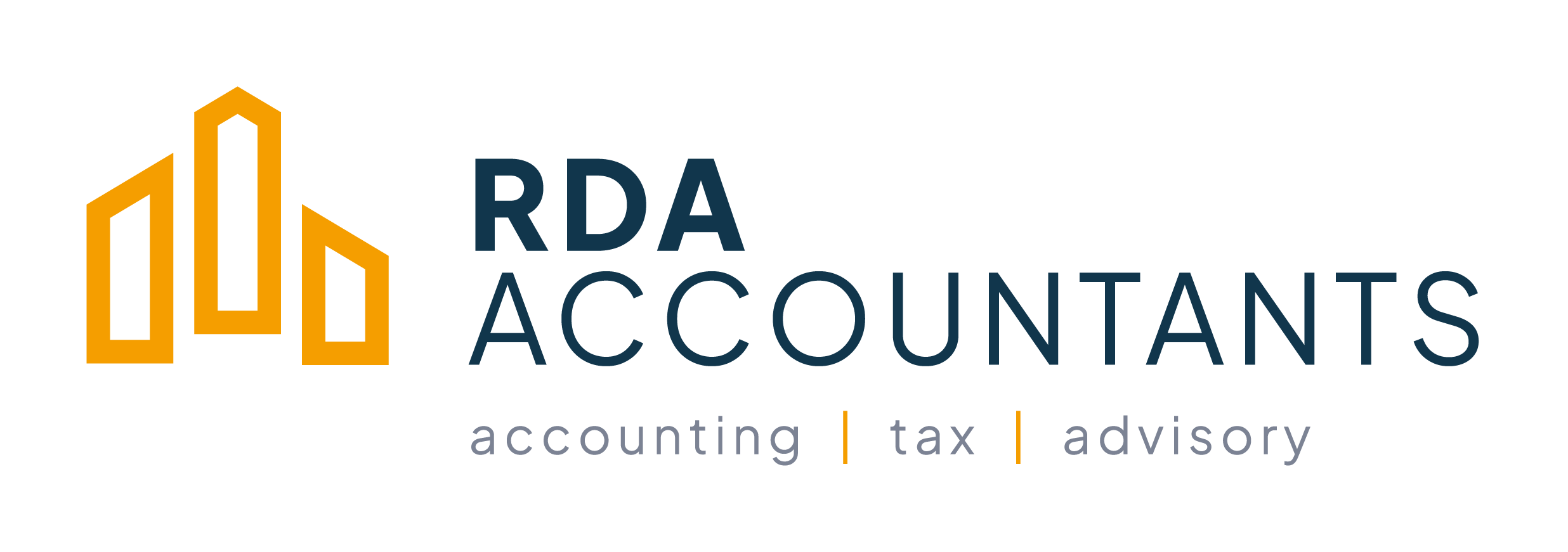Registering the employee
Tax Tips to improve your business’s Cash Flow.
In the modern economic environment cash is king. It is the lifeblood of any business, without cash the business will invariably die. Therefore a company’s ability to control its cash flow is a pre-determinant of whether that business can survive and from that prosper in the current climate.
Tax can be a major cash drain on most businesses. Clearly then any steps which reduce this drain will aid in the business’s cash flow management. As a result of this all business should now consider all available options to reduce their potential tax liability. Some options which may allow your business to do this are outlined below.
Timing of Payment
Where possible all taxes should be paid on time, to avoid any interest or surcharges applying. In situations where a business is loss making early filing of tax returns should be undertaken to obtain any tax refunds as soon as possible. Consideration might also be given to paying all taxes by direct debit to help the business’s budgeting process and spread the payments evenly over the year.
Revaluation of assets to reduce taxable profits
As a result of the downturn, many businesses are showing values for land and buildings that are entirely out of date. They are also overvaluing closing stocks of materials, equipment, and tools. A recession is a suitable time to give the values of assets some thought. Similarly you may find that your work in progress will need careful scrutiny – it is likely to be less valuable than it was! A revaluation downward of stock or work in progress will reduce taxable profits and in doing so the amount of tax payable by your business.
Availability of Research & Development (R&D) Tax Credit to all companies
Contrary to popular opinion Research & Development does not just take place solely in the domain of large multinational companies. The R&D tax credit may offer an unexpected opportunity to existing SMEs, where qualifying R&D expenditure is taking place without a white coat or test tube in sight. From a cash flow perspective perhaps of most interest, is that a cash rebate can now be claimed from Revenue in respect of qualifying R&D expenditure in certain circumstances. As a result of this we would advise that a thorough review of your company’s activities be undertaken by a qualified professional to determine if this significant credit may apply to your business.
VAT
Consideration should be given as to whether your business is entitled to use the “cash receipts” basis for VAT purposes. This system, which allows traders to pay VAT to Revenue in relation to cash actually received rather than to invoices raised, is extremely attractive from a cash flow perspective. No VAT has to be paid to Revenue until the customer has actually paid. This basis is only available to traders who derive more than 90% of their turnover from VATable supplies to non-VAT registered people and to traders whose annual turnover does not exceed €1m.
If your business cannot avail of the “cash receipts” basis, bad debts should be carefully monitored. As VAT will have been paid to Revenue in respect of invoices raised, VAT will be overpaid where the sales turn out to be bad debts. As a result of this, a VAT refund can be claimed in respect of any bad debts.
PAYE/PRSI
Consider the Revenue “job assist” scheme. An employer can claim a double tax deduction for three years for wages paid and employer’s PRSI in respect of the employment of an individual who was unemployed for at least one year subject to certain conditions. In order to reduce administration costs your business should also consider moving from paying and filing monthly PAYE/PRSI returns to paying and filing on a quarterly basis if possible.
These are just some examples of potential areas of tax saving for your business, the suitability of these measures will be dependent on the business itself. Should you wish to discuss any of these matters further then please do not hesitate to contact us.
